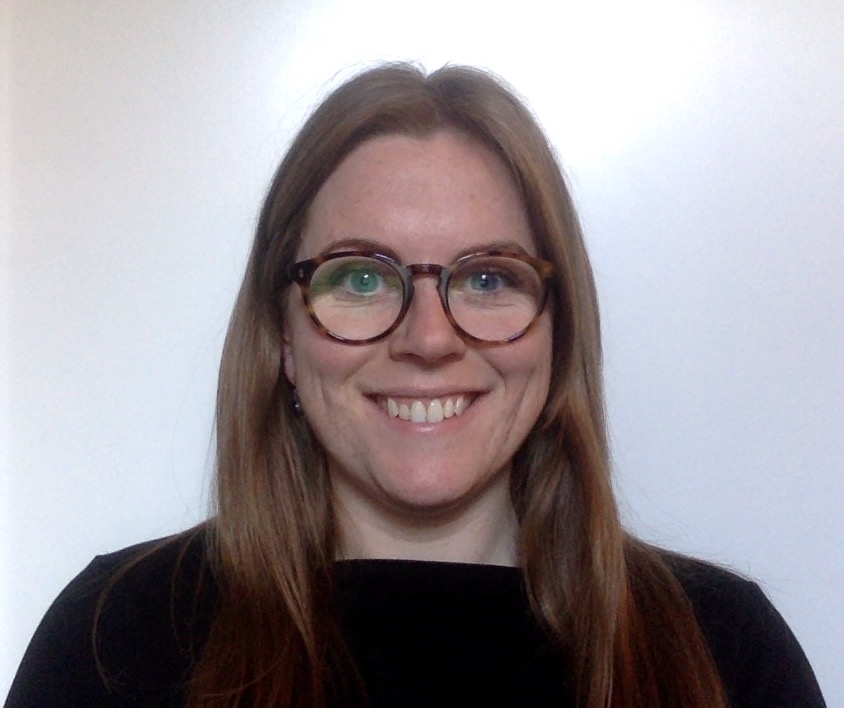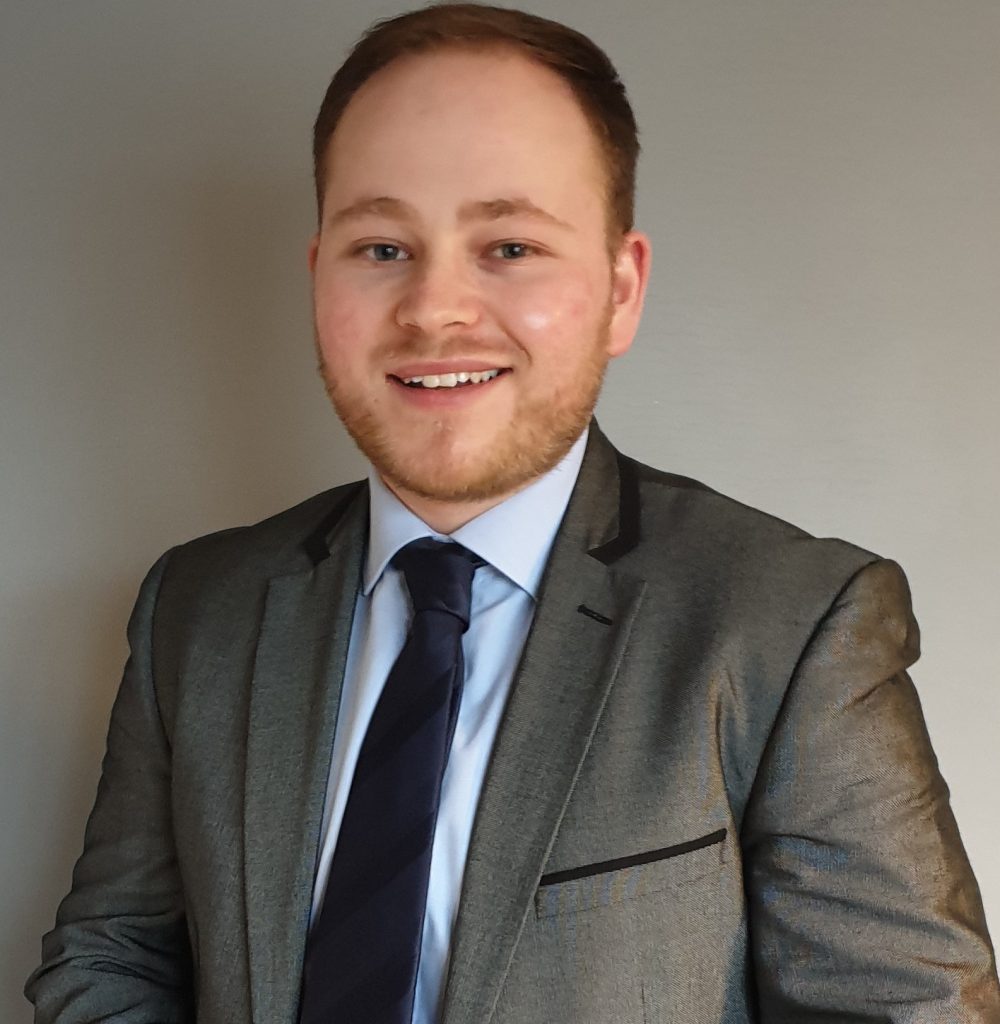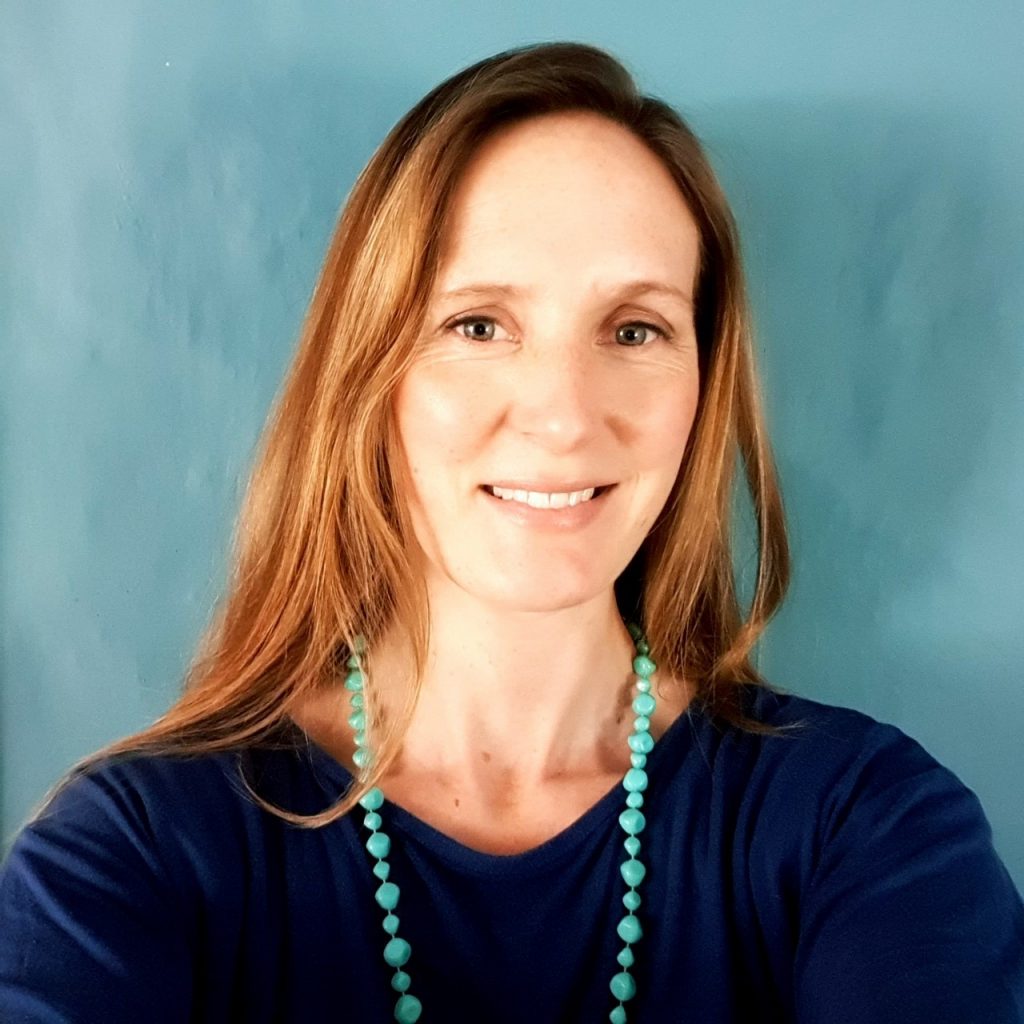The Translation Mentoring Scheme was launched by the ITI French Network in 2020. The scheme focuses on developing translation skills and is aimed at both experienced translators and newcomers to the profession. Mentees work on three translations over a period of six months, which mentors provide feedback and guidance on.
Below a mentor pair shares their experience of the scheme. Read other mentor reports.
Heather and Crystelle: changing tenses while prioritising accuracy
The mentee: Heather Begley
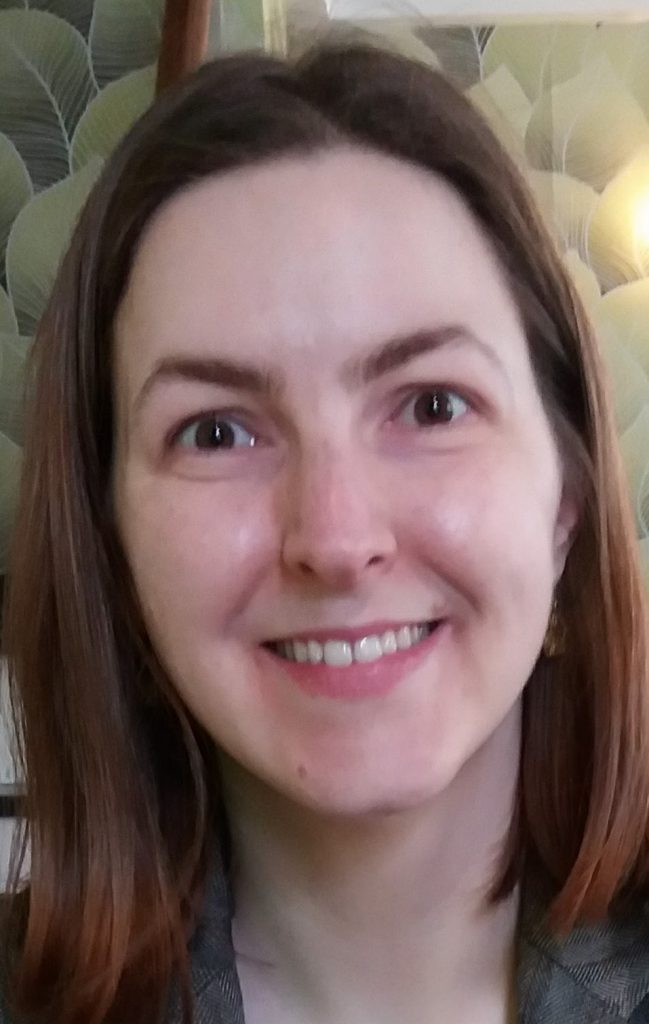
I decided to take part in the ITI French Network mentoring scheme as I had just started out as a freelance translator following seven years at a French aerospace and defence business. My role there was very much operational and whilst I was confident in my abilities to work with clients and understand the corporate world, I didn’t have a lot of translation experience.
Crystelle was recommended as my mentor given her substantial experience in my areas of specialism: aerospace and corporate communications. Once I found out more about Crystelle’s extremely impressive background, working for the Ministry of Defence and the International Criminal Court, I was very happy and honoured to be paired with her.
I translated three different texts of about 500 words each. This was just the right word length and allowed us to explore different types of texts. Crystelle set the texts for me to translate based on ones that she had previously translated for a client, using two corporate communications texts and one aerospace text. Once I had completed each task, Crystelle reviewed my work in detail, pointing out where there were errors, where there was room for improvement and where the translation was well done. We then discussed the feedback over Zoom and compared my text to Crystelle’s own work.
The best part of taking part in the scheme was getting honest and detailed feedback. It can be difficult to get honest feedback about work as people don’t always have the time to provide this, or can be reluctant to be critical. I now am much more aware of what I do well and what I need to work on, particularly being a bit braver when it comes to translating into a different tense and being careful not to sacrifice accuracy for improved readability. Crystelle also shared some good tips on how to practise improving my specialism and handling client expectations. As a result, I now am more confident about pitching myself in my specialisms.
The other great thing about the mentoring scheme was being able to meet Crystelle, albeit virtually. She is a very accomplished translator and also a very nice person who was able to provide critique in a way that was kind and helpful. I really appreciated being able to take part in the mentoring scheme and recommend the scheme as a form of continuous professional development to improve translation skills.
An Australian based in West Sussex, Heather Begley translates from French to English, specialising in corporate communications, defence and aerospace.
The mentor: Crystelle Mills-Smith
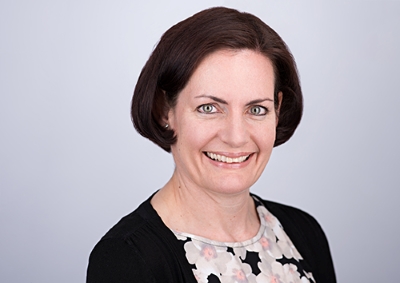
When the French Network announced that it was setting up a mentoring scheme and called for volunteers, I decided to put myself forward as I wanted to help fellow translators at the early stages of their career. I worked as a staff translator for eleven years at the start of my career, first at the UK Ministry of Defence and then at the International Criminal Court in The Hague. During that time, I was fortunate enough to have benefited from the experience of a number of mentors and from having my translations revised, which was invaluable in helping me to develop my translation skills. I am therefore well aware of the importance of feedback, especially for translators who are just starting out.
I was matched with Heather, who has an aerospace background, as I do. After an initial email exchange to discuss the types of subject areas Heather wanted to tackle, I sent her a corporate communications text for her first assignment which I felt would prove challenging without being too complex. Heather returned her translation along with a commentary which I found extremely useful to understand her thought processes as she worked on the translation. Once I had sent back my revised version and a copy of my own translation of the same text, we arranged a Zoom meeting to discuss our translations.
I found our discussion to be a highly enriching exercise. I’ve always enjoyed translation workshops and translation slams and I am always fascinated to discover how the same text can yield so many different translations. Heather’s translation was very good, with some very neat turns of phrase, and we spent an enjoyable hour or so going through the text and discussing our translation choices.
For the second assignment I chose another corporate communications text written by the CEO of a company, which I had been working on recently with a very tight deadline. I suggested to Heather that she produce two versions: one under time pressure (with time to reflect overnight, or for a few hours at least), and a second version where she was able to take as long as she needed to. I thought this would mimic a realistic work scenario and that it would be interesting to compare the two translations. Heather attached a commentary with her second version, which again was useful for me. As it was, her two versions were not all that different, and she had produced a very good translation under time pressure. Once I had sent back the revised translation and my original translation to Heather we had another interesting discussion, particularly about the use of verbs. I had found the French Network webinar in July 2020 on “The mistakes translators make with verbs” very useful and I was able to pass on some tips to Heather.
The final assignment was an aerospace-related text. This proved to be far more challenging, not only from a technical point of view but also because of the political angle of the text I had chosen. Once again, I set Heather a realistic deadline to deliver her translation and then returned the revised version along with my original translation of the same text. We enjoyed another productive discussion on the intricacies of texts of this nature and the background knowledge required to produce an accurate translation.
I had expected to enjoy being a mentor, and indeed I did, but I was surprised at how much I gained from the experience personally as well. It was extremely useful to see how another translator approached texts I had previously translated myself and to compare our two versions. I also had to provide justification for why I might not agree with my mentee’s translation solutions, which forced me to think about my own approach. For colleagues who might be hesitating about volunteering as a mentor, I would highly recommend it. I’m sure you will gain a lot from the experience just as I did.
Crystelle Mills-Smith MITI is a French to English translator specialising in defence, railways, international criminal law and corporate communications.

